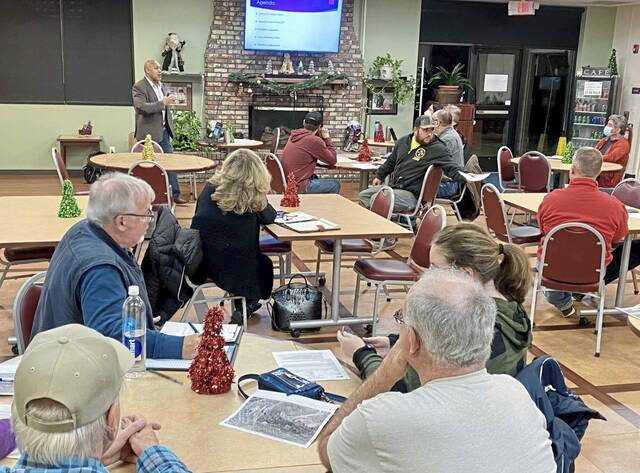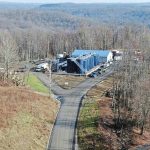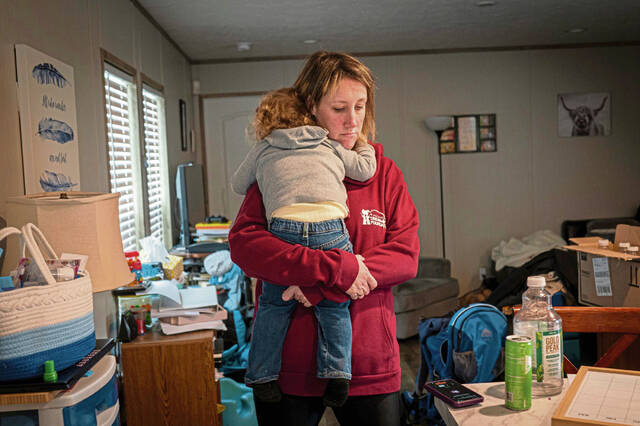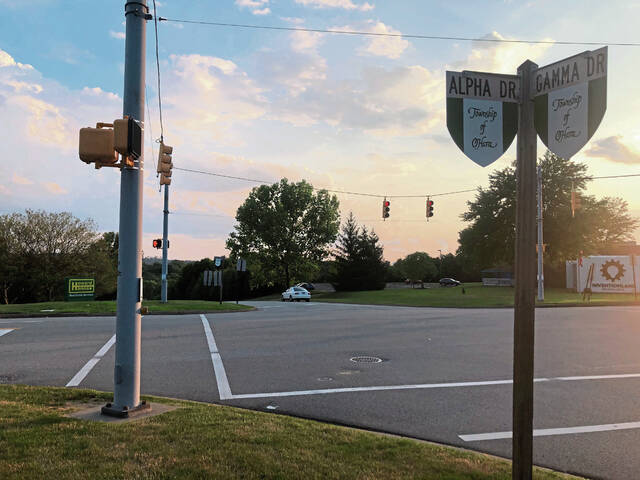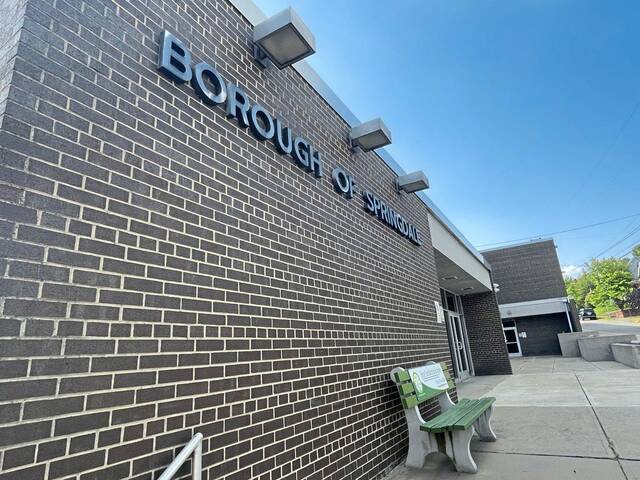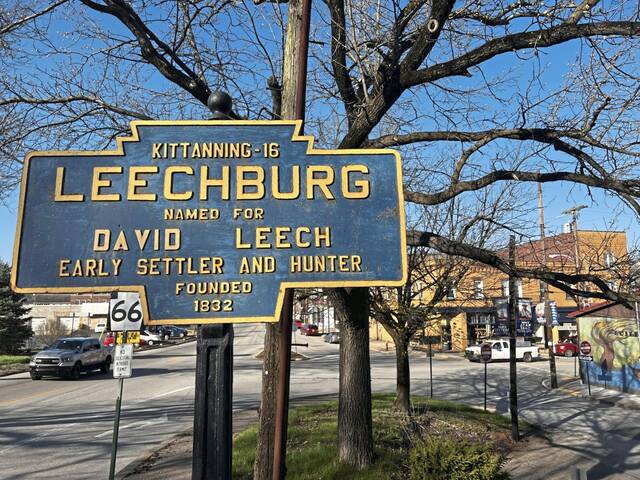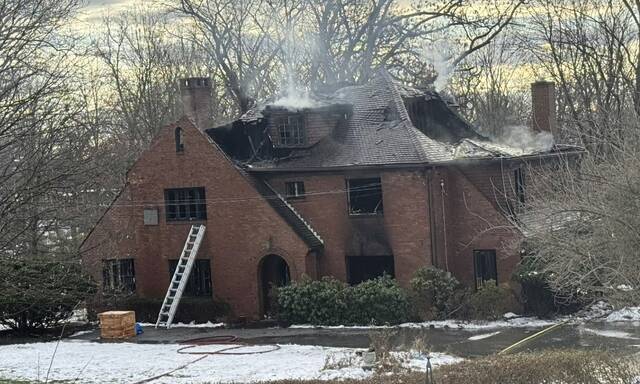Plum officials, environmental groups and some area residents are organizing to prevent a second wastewater injection well project in Plum.
Borough Council President Dave Odom led a two-hour public information session Wednesday evening at the Plum Community Center.
The Sedat 3A wastewater injection well, at 1815 Old Leechburg Road, began operation in the late spring. It is owned by Delmont-based Penneco Environmental Solutions.
The EPA accepted Penneco’s request for another injection well, called Sedat 4A, at the same location on July 23.
The borough opposed the first injection well project from the start. After six years and more than $30,000 in legal fees, borough officials in June 2020 gave up their fight.
In December 2017, the borough adopted a zoning ordinance that limits oil and gas waste disposal wells to heavy industrial areas. The current site is not zoned heavy industrial.
“We have revised our ordinance to prevent this type of operation from being conducted,” Odom said. “We’re trying to keep it from happening.”
At Wednesday’s meeting, topics included the federal Environmental Protection Agency regulation that doubles waste acceptance at the well, truck traffic concerns, noise, water pollution and providing resources for affected residents.
No representative from Penneco was at Wednesday’s meeting. On Thursday morning, Penneco Chief Operating Officer Ben Wallace said no one from Penneco was invited to attend.
In an emailed statement, Wallace said the alternative to not using injection wells results in waste being treated and discharged into rivers. It was a standard practice in Western Pennsylvania for decades before being discontinued.
“The proposed Sedat 4A injection well is an existing oil and gas well on our property and will be converted to an injection well in the same manner that the Sedat 3A was, and is in accordance with EPA and DEP regulations,” Wallace wrote. “We believe the most environmentally friendly method of dealing with oil and gas wastewater is to put it back in the earth into zones where it naturally occurs.”
After the injection well began operations in the spring, at least one Plum resident has filed a complaint with the state Department of Environmental Protection.
During the meeting, several residents commented that their well and spring water has been affected by the injection well. They said that its operation also has caused increased noise and truck traffic.
Some residents with homes near the Penneco property line described problems they believe have started since the injection well began operations.
“There are residents that have been impacted by the first well,” Odom said. “They’ve had students from Duquesne University come out and test it, and they (some residents) can visibly see orange water.”
Frank Smolenski, 61, of Old Leechburg Road, was opposed to the first injection well and is opposed to a second well. He said the spring water on his property is now tainted.
“We first noticed an odor and moldy taste in July this year,” Smolenski said. “The spring’s been there for 50 years, and I’ve drank that water and never had an issue.”
Smolenski lives with his wife, Marcia, on land owned by his ancestors for more than 90 years. Their daughter, Katie Sheehan, lives below the Penneco property line in a home that was once her grandmother’s.
She said her well water has been contaminated since July, and she has to buy bottled water because she’s afraid to drink the tap water.
“I don’t shower in the water,” said Sheehan, 35.
During Wednesday’s meeting, Sheehan brought samples of discolored water she said was collected from her well.
She intends to file a complaint with the DEP to request additional water testing from a certified agency.
“My water won’t ever be the same — not with the injection well being there,” Sheehan said.
“This is my water now, coming out of my spigot,” Sheehan told the audience, showing them a bottle of cloudy and discolored water from her home. “It didn’t look like that in July, and I’m going to have the water tested again. I’m willing to do whatever.”
Sheehan and her parents said the only solution to fix their water problem is to tap into city waterlines from New Kensington. But they said the cost is prohibitive — about $200,000.
Protect PT (Penn-Trafford), an environmental nonprofit based in Harrison City, has placed an air monitor on Sheehan’s property to collect samples that will be tested for contamination. Gillian Graber, executive director of Protect PT, spoke at Wednesday’s meeting.
After the Smolenskis discovered their water was discolored in July, Penneco initially delivered free bottled water to them for several months, but the residents say delivery ceased in late October.
The Smolenskis filed a complaint with the DEP and bought their own water filter system for $2,300.
Wallace, the Penneco executive, said the injection formation is more than 1,500 feet deep, 700 feet below sea level and is isolated from fresh water.
“We follow the federal, state and local laws and regulations that govern our facilities and expect that the borough will similarly abide by these same laws,” Wallace said.
Odom said another public information meeting will be scheduled for sometime in January.



